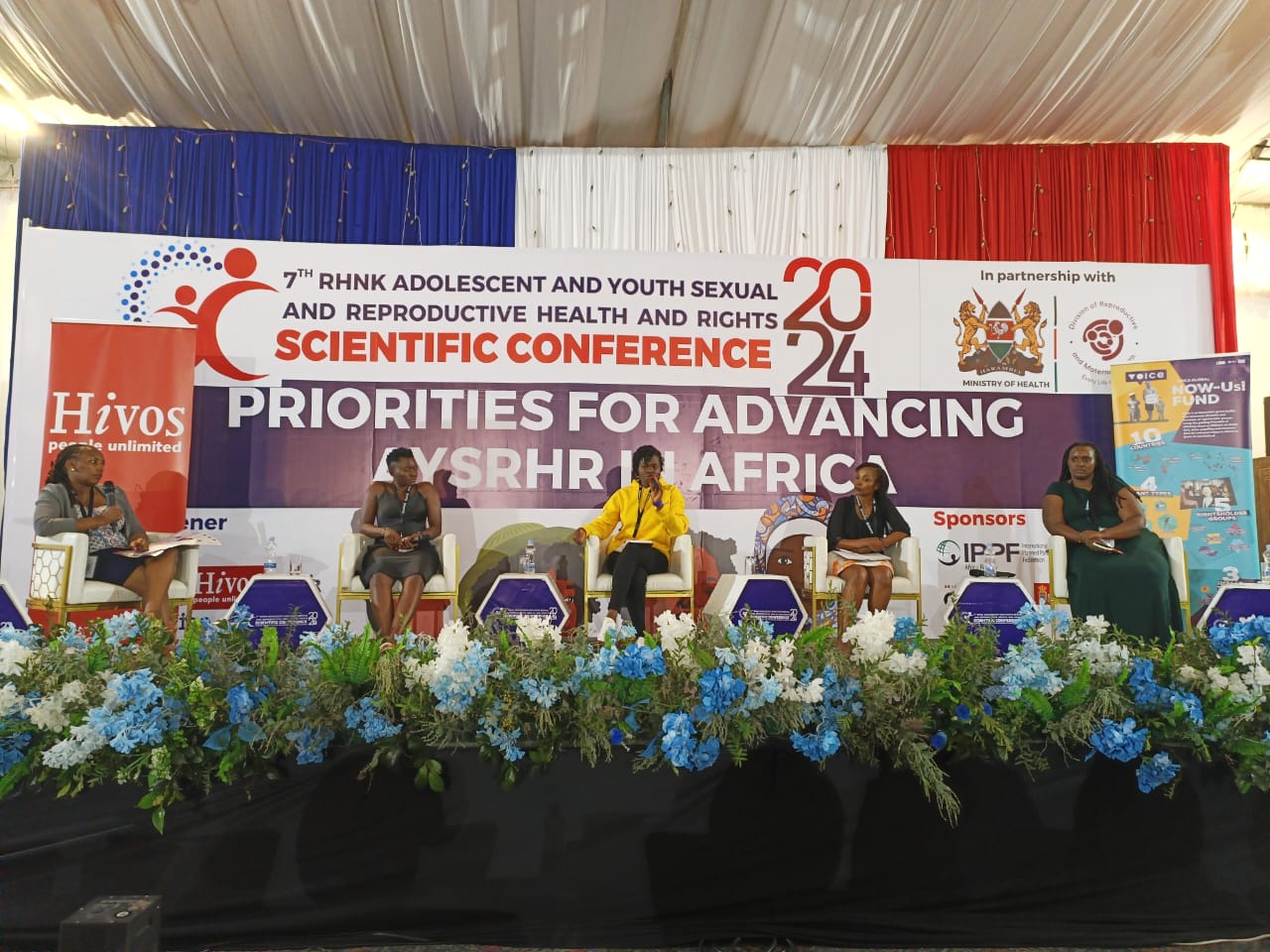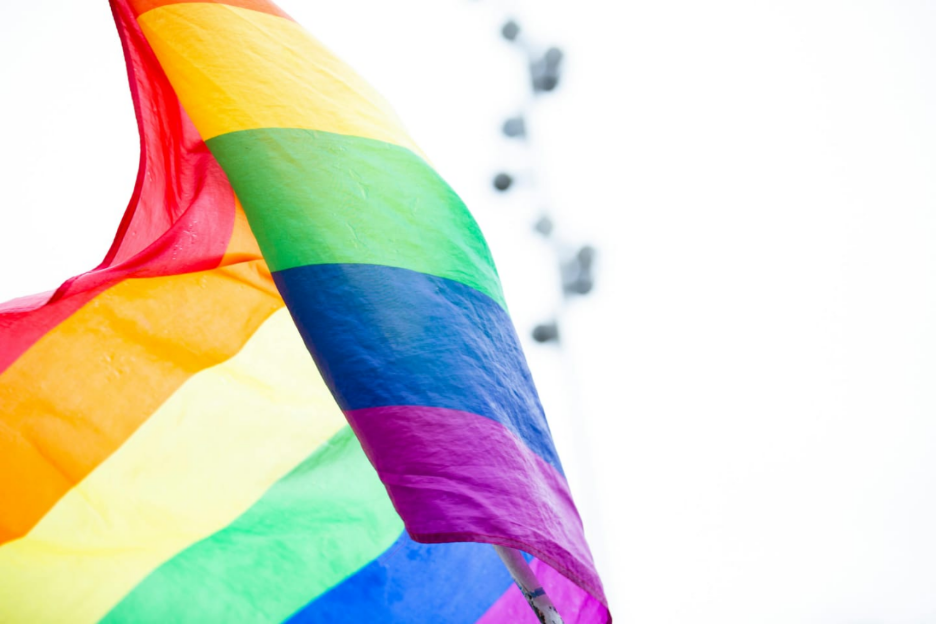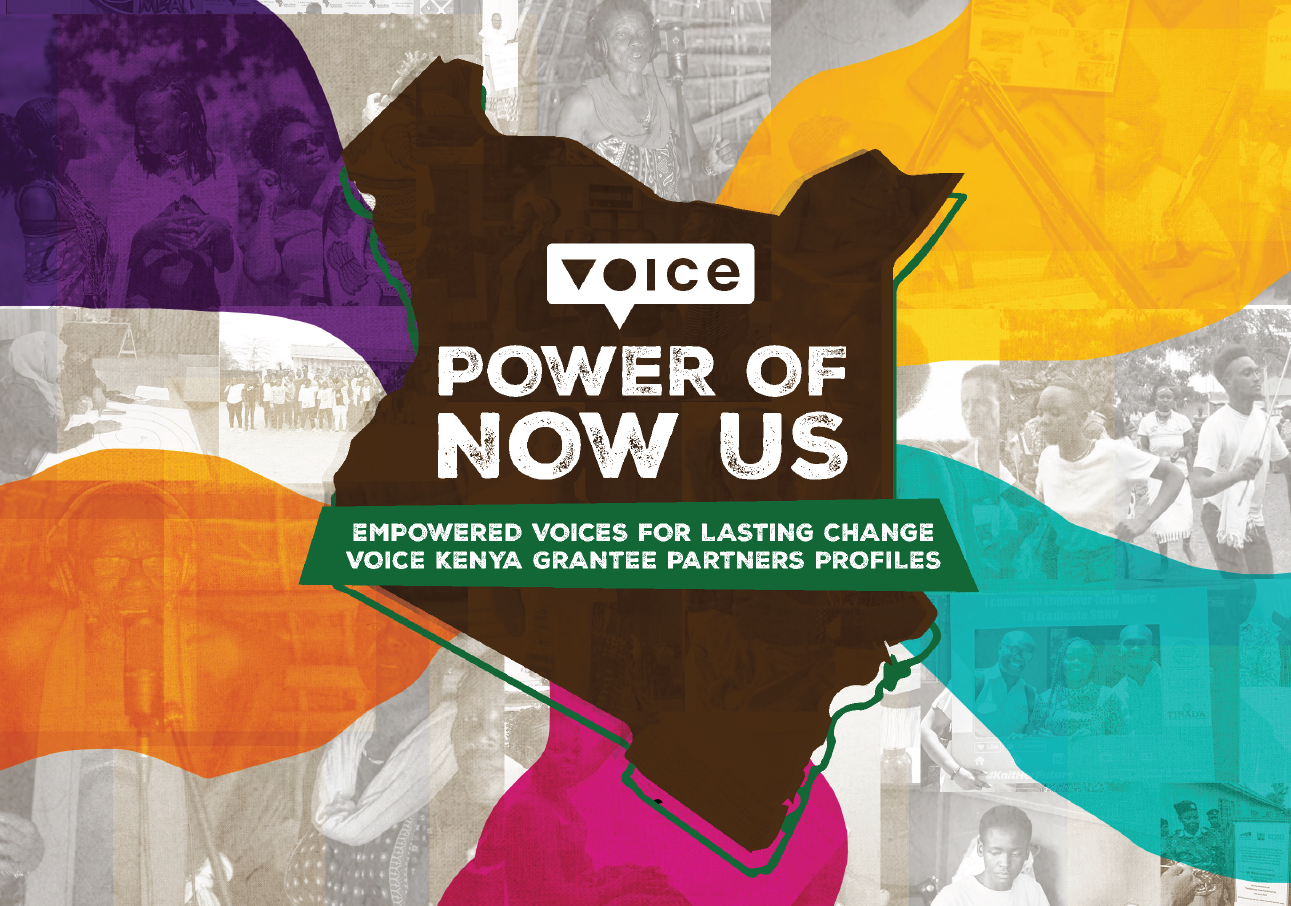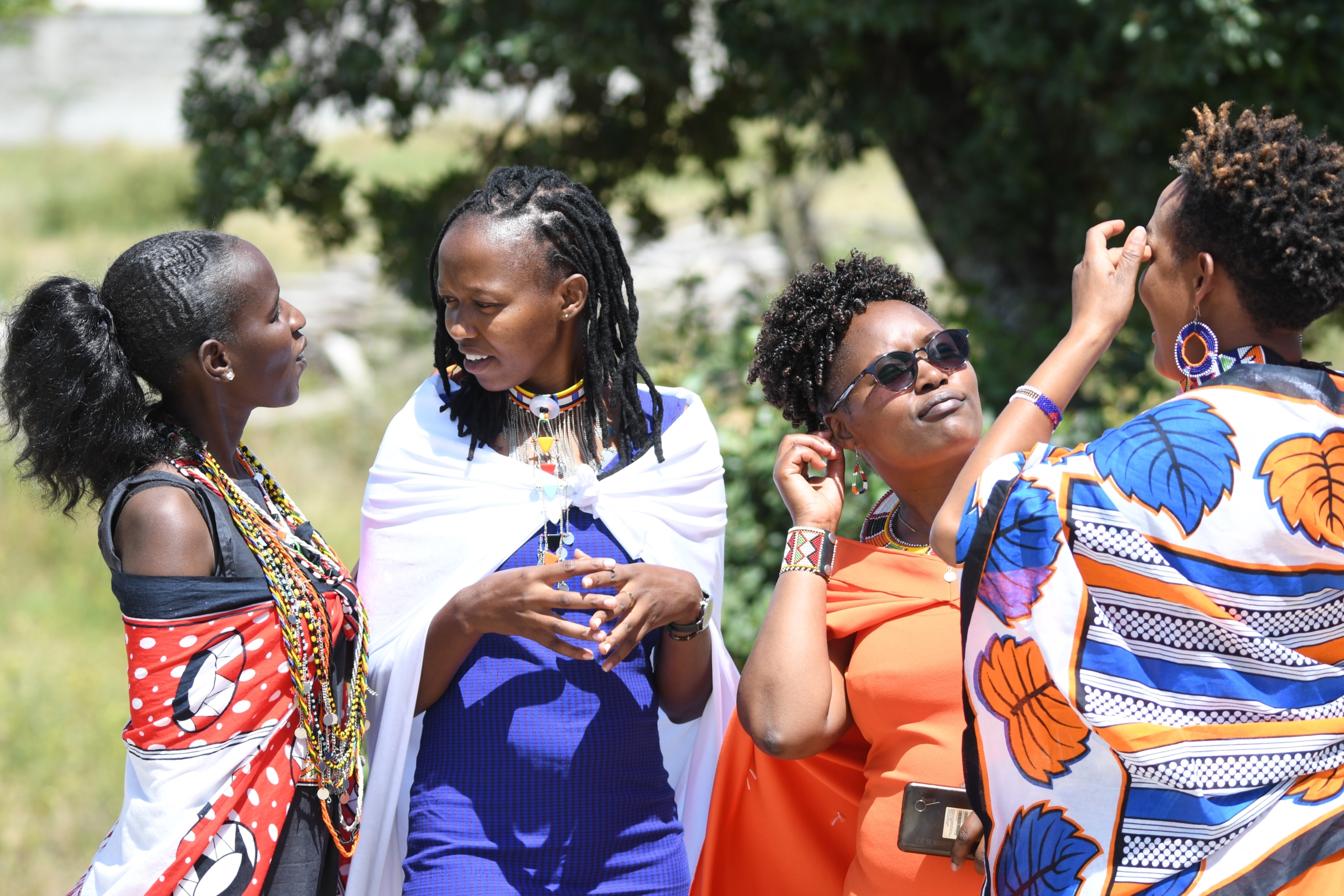Becoming our own Watchdogs: Shrinking Civil Society Space in Uganda
As spaces for dissent shrink globally, it is important that there is self-reflection from civil society organisations to be compliant with the requirements of their respective governments. This issue was triggered by the recent closure of 54 National Governmental Organisations in Uganda due to “non-compliance” with state requirements of operating an NGO. While there is outrage from civil society, it is also an opportunity for soul searching; to reflect on the different implications, and conduct a personal risk assessment.
Undoubtedly, Civil Society Organisations play a vital role in enhancing transparency and accountability which are important pillars in good governance and setting standards in advocating for human rights and better governments.
Civil society plays an important role notwithstanding, there have been questions about the representativeness and accountability of civil society and civil society organisations. Too often, civil society organisations it is alleged do not meet the standards of accountability and transparency that they demand of others.
As civil society, it is important to ask ourselves candid questions for self-reflection; are we operating within the confines of the laws of our respective countries? For-instance do we contribute to the National Social Security Fund (NSSF) of our staff members? Do we remit taxes to the tax governing bodies in our countries? Are we filing monthly and annual returns on time? Are we transparent in all our dealings? Do staff members have contracts? Are the wages fair or are there shocking disparities between staff member compensation?
Answering these questions and more as required by your governments honestly will give us as Civil Society Organisations the moral authority to hold governments accountable, avoid traps set by oppressive and/or restrictive governments and also, have a legal basis to seek redress when governments are silencing dissent. CSOs long-term credibility especially in the face of the tenuous relationship with the state and the challenge to the legitimacy and representation calls for a more responsible civil society.
Voice believes in enabling people to develop their own structures, acquire knowledge about their rights, and develop the skills to represent themselves in dialogue with government agencies, authorities, parliaments and the courts. On the one hand these organisations act as “change agents” and critical participants, on the other they are “watchdogs” and constructively criticise the state, private sector and international organisations. Therefore, Voice as a grant-maker, accountability and responsibility are enshrined within the core of our values. And as the finger pointing at the government goes on, we must be compliant and ready at times such that if the government authorities show up like they did for the case of Ugandan NGOs, all the legal requirements are in place. While there are requirements that Voice asks of the grantees before they are considered as partners, the various countries in which we operate might have extra requirements that must be adhered to in order to operate in the respective countries.
That said, this critical self-reflection and personal risk assessment is not an excuse for repressive governments. Some governments have weaponized the law to suppress the arm of the Fourth Estate in their countries that include civil society and the Media. Governments have to be challenged on the stringent measures that repress the good work of CSOs.








